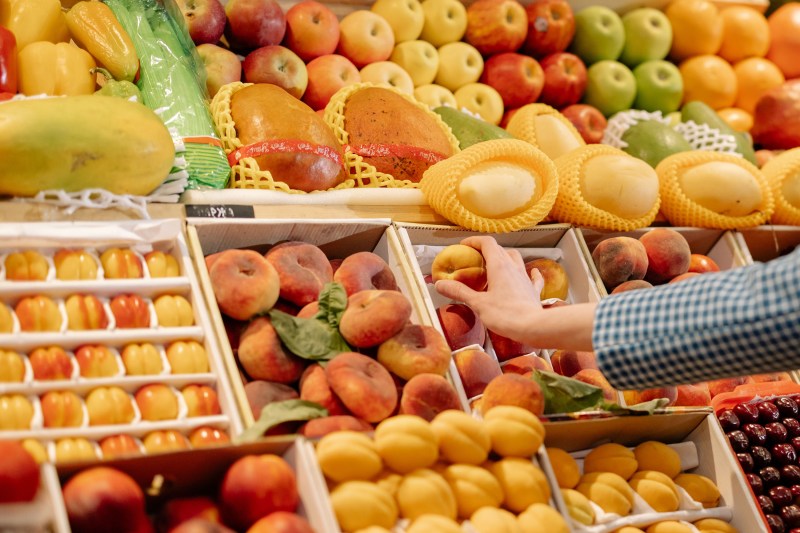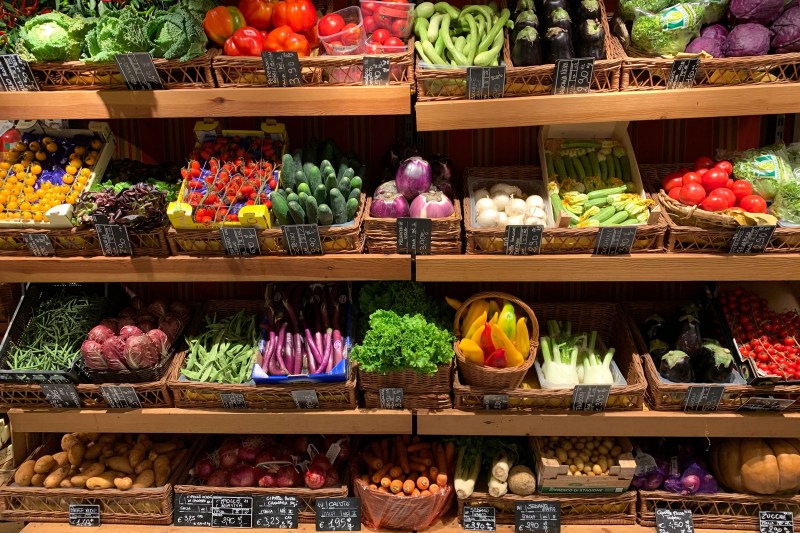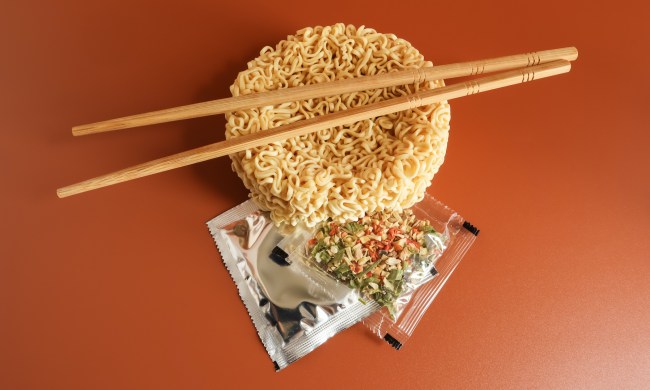Food waste is a huge problem globally that takes a massive financial and environmental toll. In America alone, nearly 40% of the country’s food ends up in landfills—and much of it is still edible. This occurs for a variety of reasons and remains an issue in every step of the supply chain, from farms to stores and even at home.
As the issue of food waste becomes more widely acknowledged, companies are getting creative with how they address this costly and environmentally hazardous problem. One UK grocery has even begun removing “best-by” dates to curb unnecessary waste, and many more stores are now following the trend, according to Bloomberg. Before we get into why this new measure may be the perfect way to combat the issue, let’s first take a closer look at the impact of food waste.

The impact of food waste
At farms and food processing facilities, bad weather, overproduction, unstable markets, and other issues can all result in waste way before products ever make their way to your home. On the consumer end of the spectrum, poor planning, food safety issues, and confusion over labels contribute to waste at supermarkets and in homes. And the consequences of all this waste are wide-reaching. Here are just some of the ways food waste impacts society and the environment:
- In America, food waste costs the country around $218 billion each year, or $1,800 annually for an average family of four.
- In landfills, food breaks down to release methane, a greenhouse gas that’s up to 86% more powerful than carbon dioxide.
- Unused food puts extra strain on natural resources like water and farmland and increases energy usage.
- Food waste accounts for more than 25% of freshwater consumption in the U.S. and is also one of the leading causes of freshwater pollution.

How grocery stores are addressing the waste problem
Perishables like produce, meat, and prepared meals account for the majority of losses in retail food stores—including an estimated $15 billion loss in unsold fruits and veggies each year. Why do grocery stores waste so much food? Many of the biggest contributors to food loss are actually considered industry-wide good business practices, like overstocked displays, cosmetically perfect produce, and oversized packages.
But, one major reason for food waste often goes undetected under the guise of food safety: the disposal of products based on best-by dates. Contrary to popular belief, these dates don’t actually indicate whether the product is safe to eat; they tell consumers when the product will be at its best quality or flavor. Most of what is thrown out based off of “best by” dates is not expired food.
This has led UK-based grocery stores like Sainsbury’s to change how they label their products. Sainsbury’s will no longer post “best before” dates on 276 fresh fruit and vegetable packages, replacing the label with the slogan “no dates helps reduce waste.” The company has made similar changes to its store-brand yogurts, changing “used by” dates to “best before” to prevent them from being tossed too early.
“We know that around a third of all food produced for human consumption is either lost or wasted,” said Kate Stein, Director of Technical at Sainsbury’s, according to Yahoo Finance. “With changes like these, together, we can all play our part in tackling the climate crisis and protecting the planet for generations to come.”
While this change only addresses a small portion of the overall problem, it’s a step in the right direction to combatting food waste and its environmental impacts.



